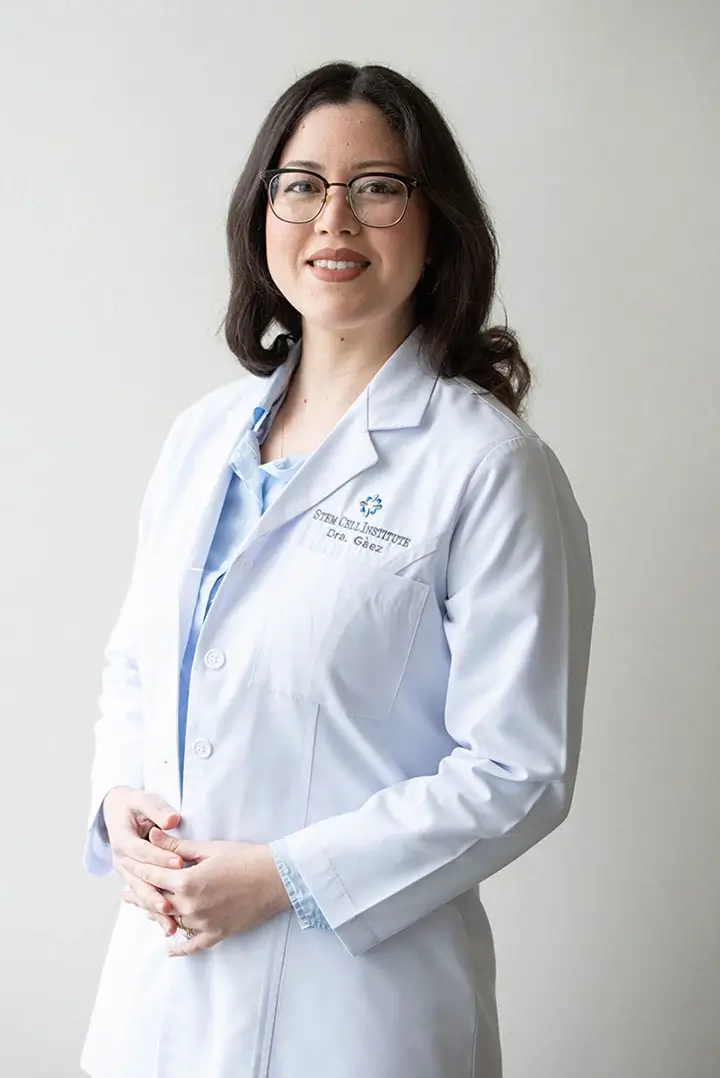At the Royal Melbourne Hospital in Victoria, Australia, 9 patients with severe leg fractures have been successfully treated with their own adult stem cells. The 5 men and 4 women had suffered the most serious types of fractures as a result of car accidents, which left many of the patients unable to walk, even after attempts at surgery, which in all cases were unsuccessful. Even over 3 years after the surgeries, the broken bones still had not healed, and it is not uncommon in such cases for these types of severe breaks in the leg bones to result in amputation. However, within 4 months of being treated with their own adult stem cells, the patients recovered, as their thigh and shin bones were found to have regrown and healed.
One such example is a 35-year-old male who had broken both his tibia and fibula in a motorcycle accident in 2005. Although he underwent surgery in which a rod was placed in his tibia, over a year later he was still unable to walk without crutches. Indeed, approximately 15% of all such fractures never fully heal. But the man was recruited into the stem cell trial, in which his own adult stem cells were harvested from his bone marrow with a minimally invasive needle that was inserted into his pelvis. The stem cells were then cultured in a laboratory and injected directly into the sites of his leg fractures, where new bone began to form. The man was able to walk the following day. He is now fully recovered, free of pain, and enjoys running and playing football again.
Such a procedure is now believed to offer a powerful therapy not only in the event of traumatic injury, but also in cases of more gradual injury, such as with age-related arthritic hips. In many cases, this type of adult stem cell therapy may eliminate the need for elective surgery altogether, since those patients who in the past were likely to find their names on long hospital waiting lists can instead be treated as outpatients with their own adult stem cells.
According to Dr. Richard de Steiger, the orthopedic surgeon who led the trial, “Most of the time you have to have a secondary operation on the hip bone and take some bone graft out, and that’s often more painful than the surgery for the actual fracture. All these patients have avoided the need for having a second operation to get bone from somewhere else in the body. Instead the bone’s just grown outside the body, in a lab. The potential for doing this kind of work is very exciting. If we could try to regrow cartilage it would mean we’d be able to help people with early arthritis of the knees and hips as a result of sporting trauma.”
Similar trials, with similar success, have already been conducted in the UK, but this was a first of its kind in Australia. The particular stem cell technology that was used in the therapy is licensed by the company Mesoblast, and is expected to be commonly available in hospitals within the next 3 to 5 years.

